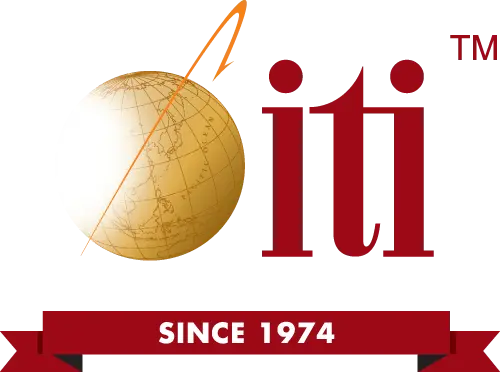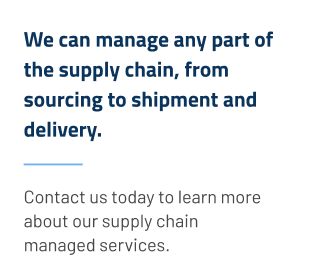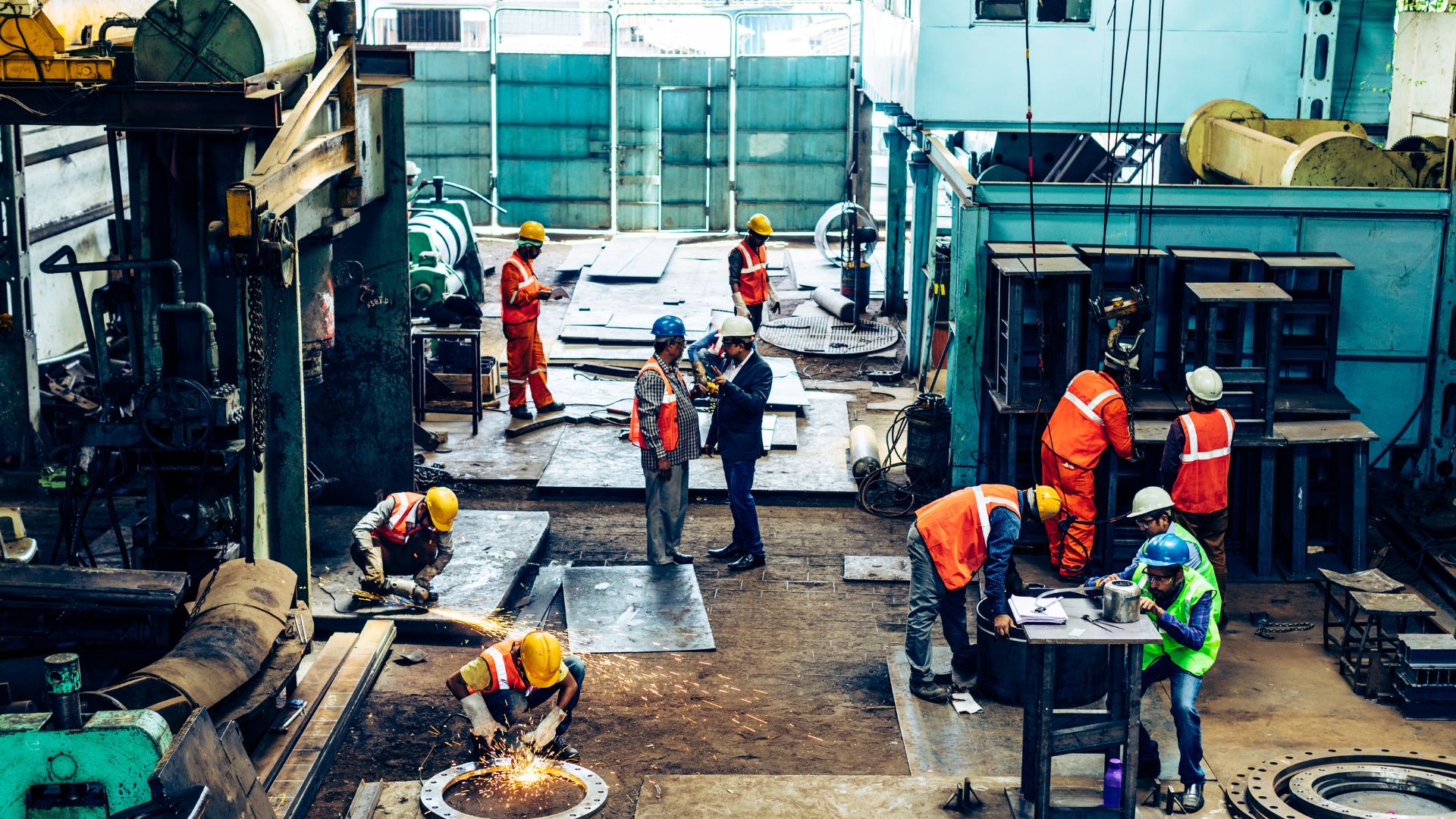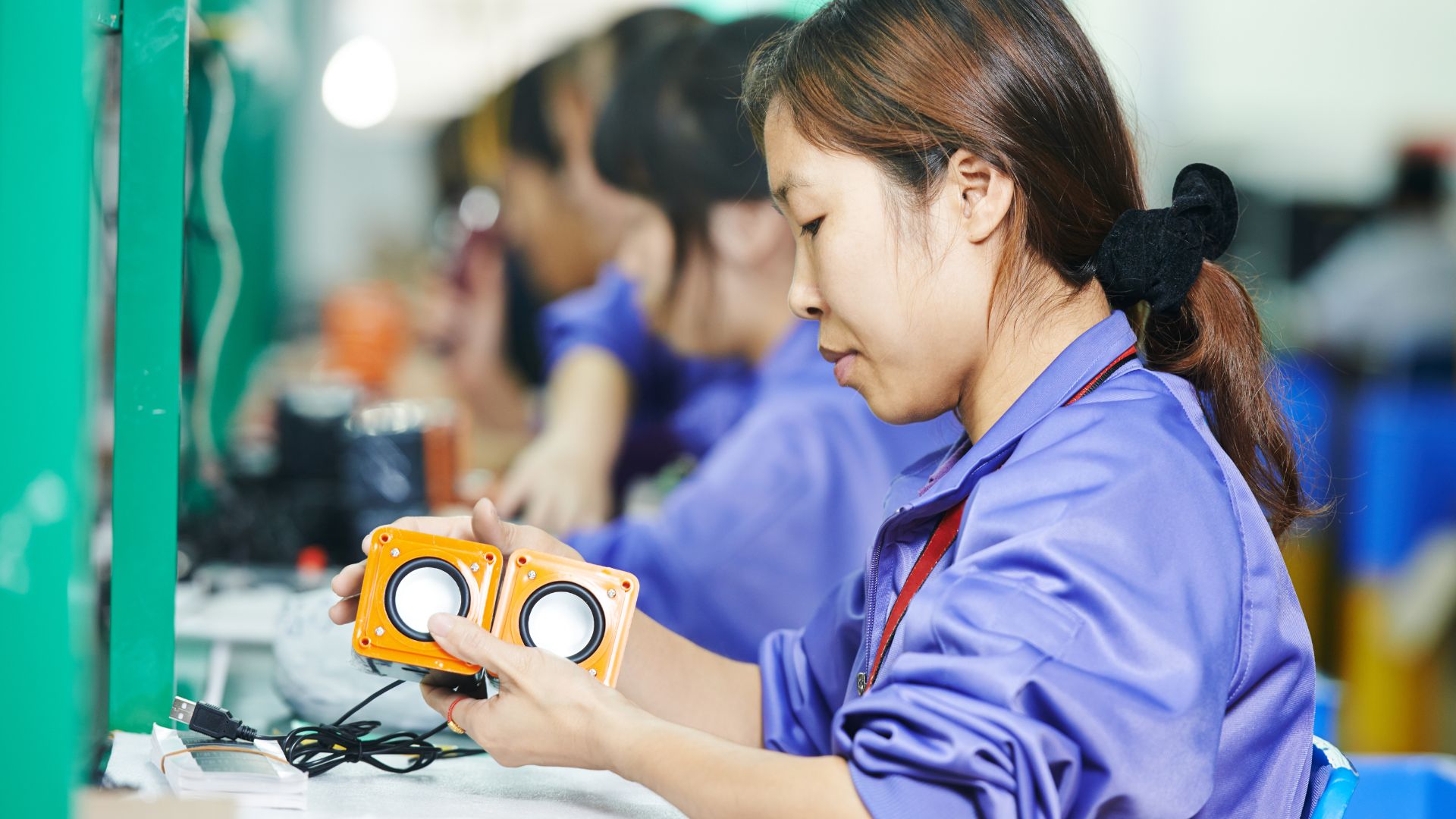October is Fair Trade Month. Natural Manufacturing Day is observed on October 7th. It’s also the political season which means ‘fair trade’ is mentioned almost daily, but the term is rarely precisely defined.
In simplest terms a ‘fair trade’ is a transaction that is beneficial for all concerned.
The World Fair Trade Organization (WFTO), of which China is a member, defines and monitors ten principles of fair trade.
The Ten Principles of Fair Trade per the World Fair Trade Organization
Principle One: Opportunities for Economically Disadvantaged Businesses
As part of an attempt to reduce poverty, the WFTO supports co-ops and family businesses. This enables them to become economically self-sufficient and encourages independent ownership.
Principle Two: Transparency and Accountability
Organizations must be transparent in their management and business relationships and accountable to stakeholders while respecting confidential information. Communication channels must be open throughout the supply chain.
Principle Three: Fair Trade Practices
Fair trade practices include:
- Not maximizing profit at the expense of small businesses
- Meeting commitments in a timely manner
- Respecting contracts
- Delivering products on time
- Producing products to the desired specifications and quality
- Paying orders upon the receipt of documents and as specified in the guidelines
- Paying 50% down with no interest for handicraft custom products if requested
- Paying at least 50% down with reasonable interest for food fair trade products if requested
- Consulting suppliers before canceling or rejecting orders
- Guaranteeing payment for completed work if the supplier is not responsible for the cancellation
Principle Four: Fair Prices and Wages
A fair price is one agreed to by all parties after negotiation and fair to the producer and the buyer’s market. Fair pay is pay that is considered fair by the local producers and equal for both women and men.
Principle Five: No Child or Forced Labor
The UN Convention on Children’s Rights and both national and local laws regarding child labor are adhered to.
Principle Six: Non-Discrimination
The WFTO is opposed to discrimination in employment. Per the WFTO website the organization does not discriminate in hiring. remuneration, access to training, promotion, termination o retirement based on race, caste, national origin, religion, disability, gender, sexual orientation, union membership, political affiliation, HIV/Aids status or age.
Principle Seven: Good Working Conditions
Fair Trade organizations are encouraged to improve working conditions and safety practices.
Principle Eight: Providing Capacity Development for Small Producers
Small producers should be helped to improve their skills, capabilities, and market access.
Principle Nine: Fair Trade Promotion
The organization raises awareness of the aim of Fair Trade and the need for greater justice in the world through Fair Trade. Honest advertising and marketing techniques are always used.
Principle Ten: Respecting the Environment
The use of local and sustainable resources is encouraged as is renewable energy and lower energy consumption. Packing materials should be recyclable if possible.
Fair Trade Has its Critics
To be “fair” while discussing Fair Trade, it should be pointed out that Fair Trade, like most systems, has its critics. Some who have been involved with the Fair Trade movement believe the overall system, despite its achievements, to be seriously flawed and limiting for both its market potential and the benefits to growers and workers. There is concern the movement that began as an economic and social justice movement has become a marketing model for ethical consumerism. Some see Fair Trade as nothing more than national minimum wage for global trade with the well-known pro and con arguments that go along with that.
Human nature being what it is no system is perfect. Fair Trade’s original goal of better prices for smallholder farmers in developing countries is a laudable.
When most people think about Fair Trade they think about coffee. However, Fair Trade manufacturers make a wide variety of products.
Best Practices for Custom Manufacturing
You know how you want your product to look, feel, and perform. You know the materials that work best. You know how it should be tested and inspected. The following best practices are crucial for successful outsourcing of custom products to China:
- Choosing the right manufacturer (size, throughput, expertise, experience, trustworthiness)
- Understanding cultural differences. Familiarity with both American and Chinese language and culture helps to avoid potential problems as well as quickly solve issues that do arise.
- Precise and consistent communication
- Good project management skills and practices with face to face contact at factory level
- Thorough understanding of the product to be manufactured including written standards such as mechanical drawings, testing and inspection criteria, and performance standards.
ITI Manufacturing has been representing its USA-based customers in Asia since 1974. Our bilingual personnel have both production and business backgrounds. Our time-tested factory evaluation process ensures the China factory will be able to produce your product(s) to your specifications at the price and timeframe you need.
Have specific factory certification requirements? ITI’s China staff adds customer certification requirements to their factory evaluation process when sourcing China manufacturers. You can be confident the factory producing your products has the necessary and required certifications. Contact ITI today to learn how to save time and money when manufacturing in China.





